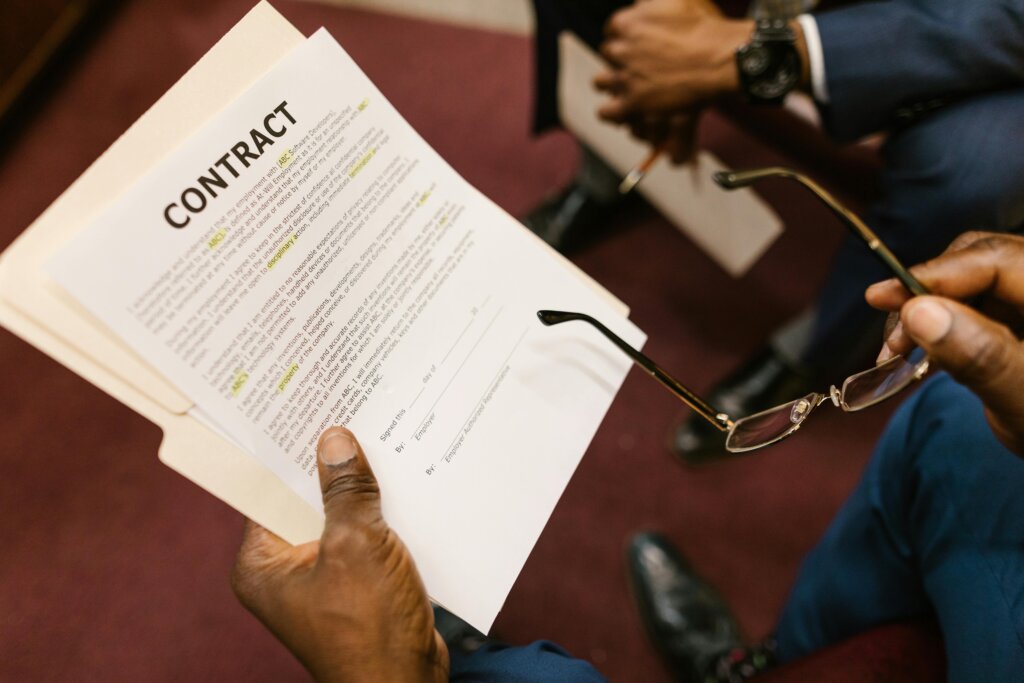How to Sell a Florida Mortgage note in 2025
If you own a mortgage note in Florida—whether it’s from owner-financing a property sale, an inherited note, or part of a divorce settlement—you might be wondering: What’s the best way to sell it for maximum value? The Florida real estate market continues to shift in 2025, and selling your mortgage note the right way can mean the difference between a fair offer and leaving thousands of dollars on the table. Read on to learn how to sell a Florida Mortgage Note in 2025.
This comprehensive guide walks you through everything you need to know, from understanding your note’s value to navigating Florida-specific rules and connecting with reputable Florida note buyers.

Why People Sell Florida Mortgage Notes
Mortgage note holders in Florida sell for a variety of reasons:
- Immediate cash needs – Whether you’re paying off debt, investing in another property, or funding a life change.
- Avoiding payment risk – If the borrower stops paying, foreclosure in Florida can be time-consuming and costly.
- Simplifying your finances – No more tracking monthly payments, insurance, or taxes.
- Estate or divorce settlements – Splitting payments between heirs or former spouses can get complicated.
The common thread? Selling a promissory note in Florida converts long-term monthly payments into a lump sum you can use today.
Florida’s Real Estate Market in 2025
Florida remains one of the hottest housing markets in the country. Cities like Tampa, Orlando, and Miami continue to attract retirees, remote workers, and international buyers. But higher interest rates and shifting economic conditions mean buyers are looking for flexible financing options—making owner-financed notes still valuable to investors.
For note sellers, this environment can work in your favor—if you market your note effectively to qualified buyers. So, let’s look at how to sell a promissory note in Florida.
Step 1: Understand the Type of Note You Have

Not all mortgage notes are created equal. In Florida, you might hold:
- Residential mortgage notes – Secured by single-family homes, condos, or townhomes.
- Commercial mortgage notes – Backed by office buildings, retail space, or warehouses.
- Land contracts or agreements for deed – Common in seller-financed vacant land transactions.
- Performing vs. non-performing notes – Performing notes are current on payments; non-performing ones are behind.
Knowing exactly what you have helps note buyers evaluate your note quickly and make competitive offers. Learn more from our Florida Note Buyers page.
Step 2: How Florida Law Affects Your Sale
Florida’s legal structure influences note sales in several ways:
- Lien Priority – The priority of your lien (first, second, or third position) impacts the note’s value.
- Foreclosure Process – Florida uses judicial foreclosure, meaning it goes through the court system, which can take months.
- Usury Limits – Florida caps interest rates, which could affect older notes written above current legal limits.
- Title & Recording Requirements – To sell, you’ll need clear proof the mortgage or deed of trust is properly recorded in the county records.
If any of these elements are unclear, a reputable note buyer can help you gather and review your documentation.
Step 3: Determine Your Note’s Value
Your note’s worth depends on several key factors:
- Remaining balance – Higher balances tend to attract larger offers.
- Interest rate – Higher interest rates typically mean higher value.
- Payment history – A borrower with consistent, on-time payments increases buyer confidence.
- Property type & location – Notes backed by desirable Florida properties—such as beachfront homes or in-demand rental areas—are more valuable.
- Borrower’s credit score – Strong borrower credit increases note attractiveness.
Example:
A $100,000 performing residential note in Tampa with a 7% interest rate and perfect payment history will sell for significantly more than a $100,000 note in a rural area with late payments.
Step 4: Choose the Right Buyer
Not all note buyers in Florida are the same. Some focus on specific types of notes; others work nationwide. When selecting a buyer, consider:
- Experience – Look for companies with a long track record in Florida.
- Reputation – Check reviews and references.
- Offer flexibility – Some buyers offer partial purchases, allowing you to sell only part of your note and keep some payments.
- Speed of closing – The best buyers can close in as little as 10–14 days if documentation is ready.
One advantage of working with American Funding Group is over 30 years of buying notes nationwide, with deep knowledge of the Florida market. Take a few minutes and read the article About Us.

Step 5: Prepare Your Documentation
When Seling a promissory note in Florida, you’ll need to provide:
- Original promissory note
- Mortgage or deed of trust
- Payment history
- Proof of property insurance
- Property tax records
Having this ready speeds up the process and may improve your offer.
Step 6: Decide on a Full or Partial Sale
You don’t always have to sell your entire note. Partial sales let you keep some payments while cashing in part of your future income stream. This can be a great solution if you need a lump sum now but still want ongoing income in the future.
Example:
You sell the next 60 payments for a lump sum, and once those are collected, payments revert back to you.
Step 7: Close the Sale
Once you’ve accepted an offer, the buyer will handle:
- Title search
- Due diligence
- Closing paperwork
- Recording the assignment
Funds are typically wired to your account at closing.
Florida-Specific Tips for Maximizing Your Sale Price
- Highlight property location – Mention proximity to beaches, tourist attractions, or growing cities.
- Leverage seasonal demand – Many buyers purchase Florida notes before peak winter relocation season.
- Work with local experts – They understand Florida’s foreclosure process, tax structure, and property market.
- Market the note’s income stream – Emphasize stable payments and strong collateral.
Why Work With a Trusted Florida Note Buyer?

Selling to a seasoned professional means:
- No hidden fees or commissions
- Transparent valuation process
- Options for full or partial sales
- Fast, stress-free closings
The right buyer won’t pressure you—they’ll educate you so you can make the best decision for your situation.
Final Thoughts
Selling a Florida mortgage note in 2025 can be a smart financial move—especially with changing market conditions. By understanding your note’s value, preparing your documents, and partnering with the right buyer, you can turn your paper asset into immediate cash.
If you’re ready to explore your options, visit our dedicated Florida Note Buyers page or fill out the form below a free, no-obligation quote to sell a Florida Mortgage Note in 2025.
